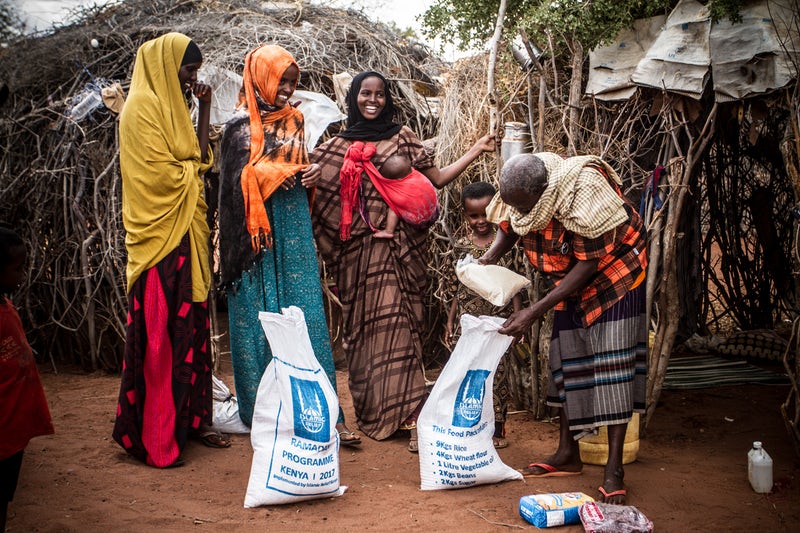
Africa: Demographic dividend or population disaster?
By 2050, more than half of the anticipated growth in global population is expected to occur in Africa. While some leaders see this as an economic opportunity, others can sense a looming disaster unless measures to control population and support family planning are put into place.
As Africa’s overall population is predicted to nearly double – from 1.3 billion people today to 2.5 billion by 2050 – many of its national leaders have expressed their belief that a growing and youthful population could produce economic benefits. This theory is referred to as a ‘demographic dividend’, meaning greater potential for economic growth as a result of an expanded working-age population. The African Union has officially designated 2017 as the year of “Harnessing the Demographic Dividend through Investment in Youth”.
A number of expert bodies are concerned that the dividend may not be forthcoming, especially if opportunities remain stagnant. According to estimates by the United Nations Economic Commission for Africa, around 12 million young people enter Africa’s workforce each year, although the continent as a whole creates an average of only 3.7 million jobs per year. Unless governments can provide better access to education, health care, and job training, it may be unlikely for the demographic dividend to occur.
The same can be said if governments fail to implement successful family planning programmes. At the AU Summit in Ethiopia earlier this year, then United Nations Population Fund Executive Director, the late Dr. Babatunde Osotimehin offered this perspective:
“If you don’t have a working family planning programme, it is unthinkable to reap the demographic dividend.”
While there is a growing recognition among many politicians and policymakers in Africa of the dangers of population growth and the need for action, opposition to smaller families still persists on cultural, religious and political grounds.
Food Security
A rapidly growing population in Africa also means an increasingly higher demand for food. According to a recent report from the African Futures Project, it appears that the widening gap between domestic food supply and demand across southern African countries could have serious consequences for food stability. Without drastic improvements in food production, the region will have to rely more heavily on food imports.

As a result, it is likely that populations across Africa will become more vulnerable to food price spikes and climatic shocks (such as floods and droughts), ultimately leading to more frequent domestic food shortages. Given the effects of rapid population growth on both poverty and stability, it is therefore viewed that slowing population growth should be part of a strategy to ensure long-term development as well as to mitigate growing food insecurity.
For more information on matters of population and food security, visit here.
